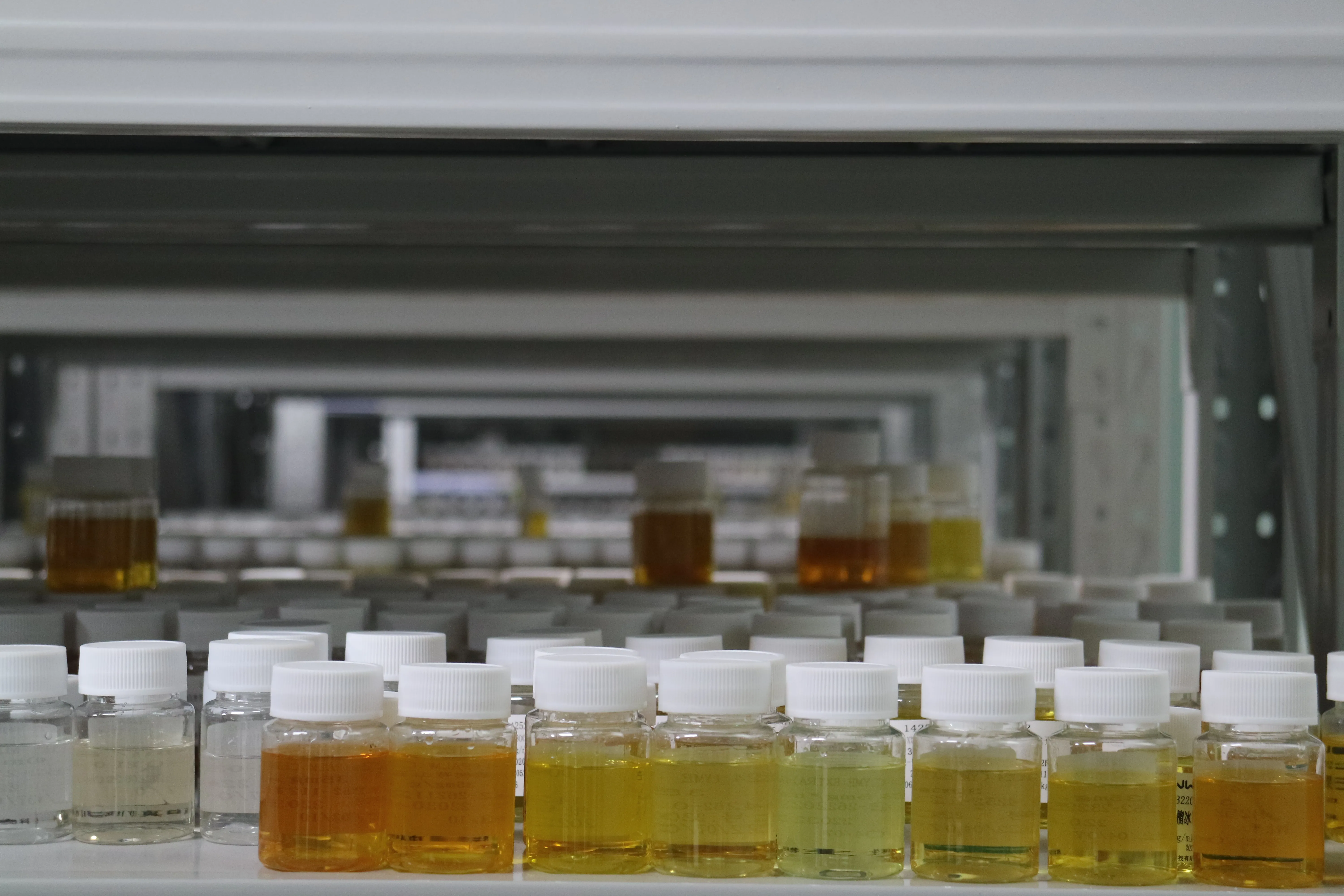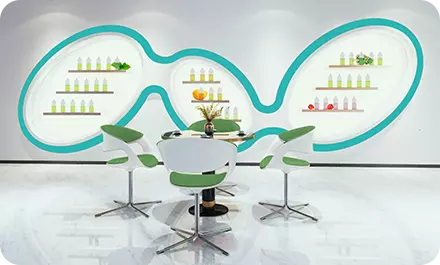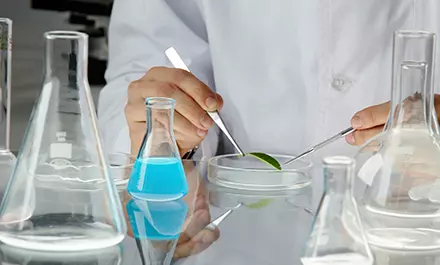
How to legally sell ejuice?
In recent years, electronic cigarettes and vaping have become extremely popular around the globe, causing the need for ejuice production to increase dramatically. Although ejuice production might seem simple, it is worth noting that it is a complex process that must abide by specific laws and regulations.
In this essay, we will be discussing how to legally sell ejuice. We will be outlining the essential regulatory requirements and best practices for legal ejuice production, packaging, and labeling.
Regulatory Requirements
Any business that intends to sell ejuice or vaping-related products in the United States must comply with regulatory requirements to avoid legal consequences. The following are some of the legal requirements that must be considered when producing ejuice.
1. Age Restrictions
The Federal Food, Drug, and Cosmetic Act (FD&C Act) prohibits the sale of vaping products to minors. A person must be at least 18-21 years old (depending on their state) to purchase and use ejuice. As an ejuice producer, you must implement a system that confirms the customer's age before selling them any products.
2. Food and Drug Administration (FDA) Approval
The FDA regulates the production and sale of vaping products in the United States. They enforce quality and safety standards for devices and products. Most importantly, the FDA must approve any ejuice that contains tobacco before its sale. Although ejuice may not contain tobacco, they still fall under the FDA's scrutiny.
3. Tax Regulations
Ejuice is categorized under Tobacco Products, and as such, any tobacco excise taxes that apply also include ejuice. State tobacco taxes range from a few cents per milliliter to as much as 40% of the retail price. Therefore, it's imperative to check your state and federal laws to determine the minimum tax rate that's applicable.
4. Licenses and Permits
Ejuice production businesses must get operating permits or licenses from various government regulatory bodies. Depending on your location, you may need a food, business, or retail license. Therefore, it's essential to check all the legal requirements with your local government if you want to begin the ejuice production process.

Ejuice Production
Ejuice production involves mixing varied concentrations of nicotine, flavorings, and other additives. To ensure the safety and quality of your ejuice, you must adhere to certain production guidelines.
1. Vendor Quality Control
Ensure that the vendors or suppliers you buy your ingredients from have proper documentation like certificates of analysis (COA) and are trustworthy. They should provide clear procedures detailing the quality standards their products adhere to.
2. Production Environment
Ensure that your production environment is clean, well-maintained, and adequately ventilated. Cleanliness is crucial as it reduces the risk of contamination, which could lead to ejuice impurities. Your production environment must have project-appropriate safety measures, such as extinguishers, safety protective equipment for workers, and so on.
3. Batch Testing
Before selling, each ejuice batch must undergo appropriate testing. Batch testing measures factors such as the nicotine concentration, flavor quality, impurities, and so on. Test reports must indicate the laboratory's information, the date of testing, the batch's identification information, the method of analysis, and the results of the tests.
Ejuice Packaging
When it comes to packaging ejuice, specific regulatory requirements must be observed.
1. Container Size Limitations
While the FDA has no specific size limit requirements for ejuice, bulk packages must be labeled as such and cannot be less than 10ml in volume. Some states may have container size limits that you must abide by.
2. Childproofing
Ejuice packaging must be child-resistant to protect minors from ingesting the liquid. The packaging must meet specific standards outlined by the Consumer Product Safety Commission.
3. Labeling Requirements
Ejuice packaging must contain specific information, including the ejuice's ingredients, nicotine content levels, and health warnings. In addition, labels must indicate the batch number, date of production, and best-by date. This information enhances traceability, reducing the risk of contamination and decreased quality.
The ejuice industry is strictly regulated. As such, it's important to keep up-to-date with any changes in the regulations and guidelines around ejuice production and sale. Every producer must adhere to regulatory requirements, including age restrictions, FDA approval regulations, taxes, taxes, and permits. Additionally, the production of ejuice requires vendor quality control, quality testing, and a clean environment. Correct ejuice packaging includes childproofing, specific labeling requirements, and container size limitations. By following the regulatory requirements and best practices outlined in this essay, you could have a successful and legal ejuice production business.

We will contact you as soon as possible









